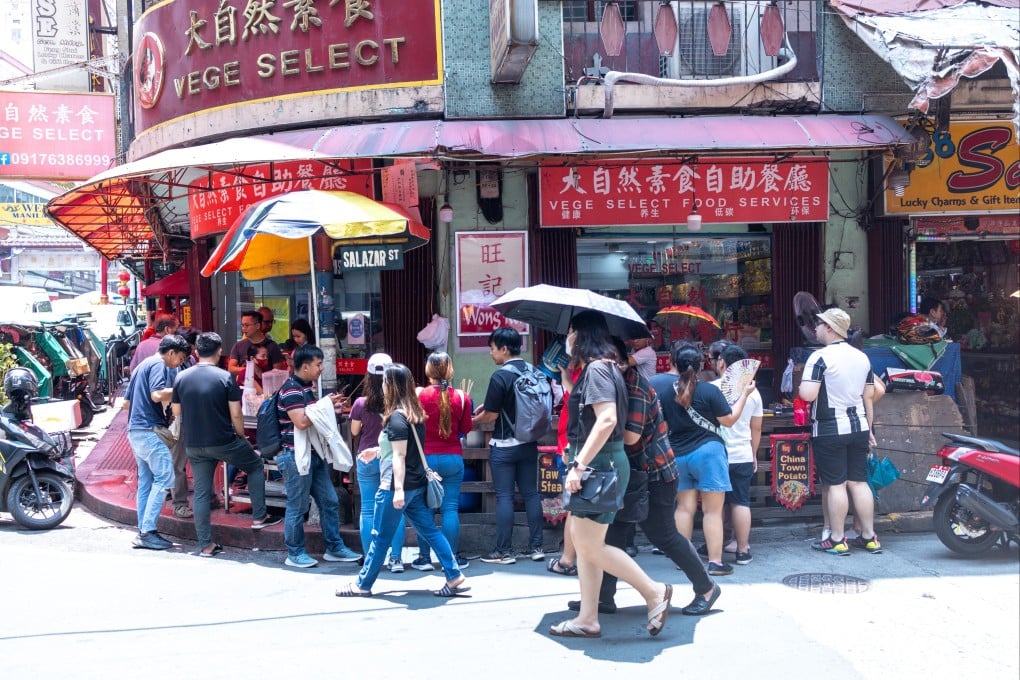Chinese-Filipinos fear fallout from rising Philippines-China tensions
- Millions of Filipinos have Chinese ancestry. Many are having their loyalty called into question amid rising anti-Chinese sentiment

As a child, photojournalist Jilson Tiu did not feel like he stood out growing up in Manila’s historic Binondo district, the oldest Chinatown in the world.
Though he was born to ethnic Chinese parents and educated in Chinese-Filipino schools, Tiu says he has always considered himself a “straight-up Filipino”.
“The cultural practices that my parents and grandparents used to do, like going to the temple, celebrating Lunar New Year, eating at Chinese restaurants, playing dice games during Mooncake Festival and giving ang paos (red packets) during Christmas are basically just an echo of Chinese culture,” he told This Week in Asia.
About 93 per cent of Tsinoys trace their roots to China’s Fujian province, which their ancestors left for the Philippines in various waves. The long ethnic Chinese presence in the country predates even the 300-year Spanish colonial period, leading to vestiges of Chinese influence finding their way into mainstream Filipino culture, from food to shared customs.
“There was even a Chinese general in the Philippine revolution,” said Caroline Hau, a professor at Kyoto University’s Centre for Southeast Asian Studies.